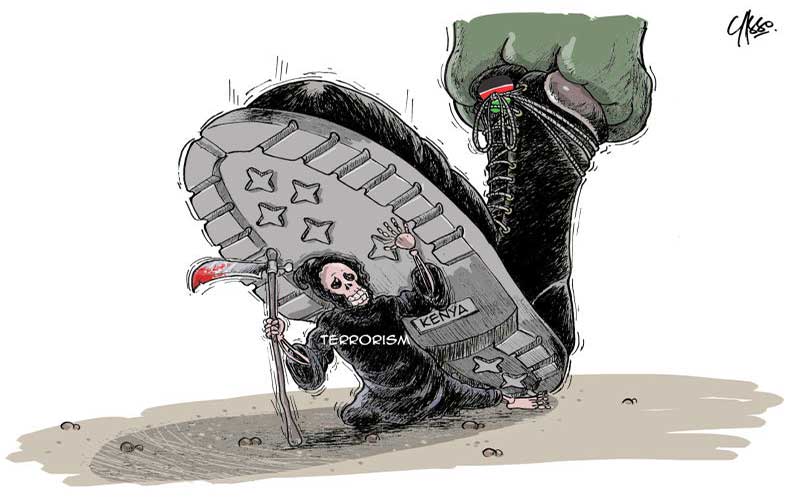×
The Standard e-Paper
Kenya’s Boldest Voice

On August 7, 1998, an explosive-laden truck driven by terrorists made its way through traffic in Nairobi headed to the American embassy. At approximately 10.30am, the truck arrived at the rear parking area, near the ramp to the basement of the embassy and detonated. The bomb caused massive damage, resulting in the death of 257 people and over 4,000 injured.